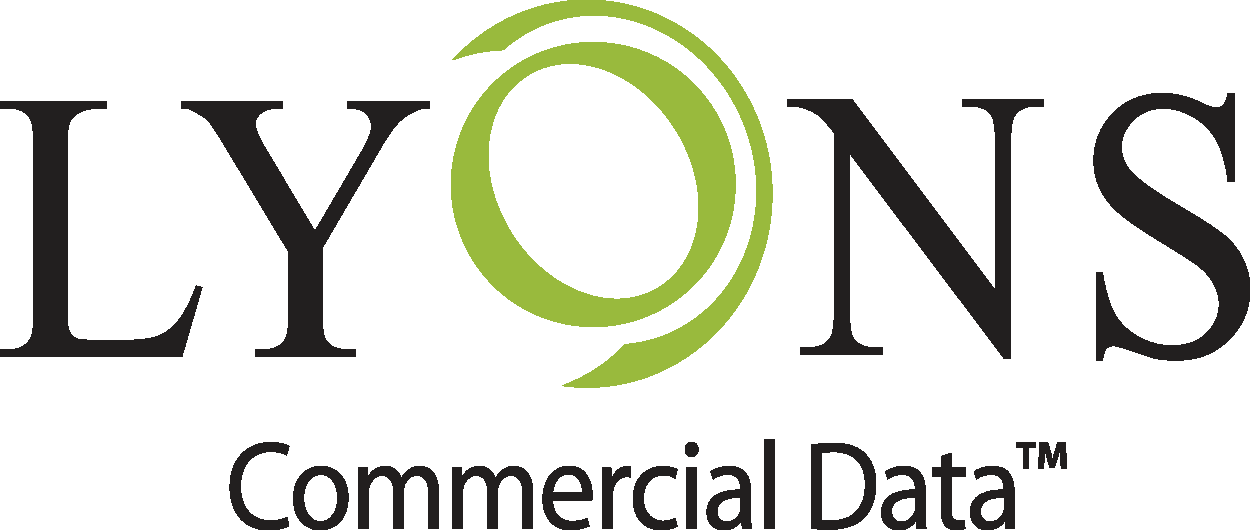 KYC, or “Know Your Customer,” is a process in which financial institutions verify that their customers are who they say they are, that they’re not on any sanctions lists and that their funding sources are legitimate.
KYC, or “Know Your Customer,” is a process in which financial institutions verify that their customers are who they say they are, that they’re not on any sanctions lists and that their funding sources are legitimate.
Title III of the USA PATRIOT Act, also known as the “International Money Laundering Abatement and Financial Anti-Terrorism Act of 2001,” requires banks and financial institutions to establish initial and ongoing KYC procedures to ensure none of their customers are engaged in terrorist financing, international money laundering, and other forms of fraud.
For financial institutions, KYC compliance is a must. Failure to comply can have dire consequences, such as hefty fines, possible sanctions and negative publicity.
Know-Your-Customer Strategies to Detect and Prevent Fraud
KYC’s consequences go beyond banks and financial institutions. As banks work to comply with stricter Know-Your-Customer rules to prevent and detect fraud, they require their customers, particularly businesses that move money (which is just about any business out there), to also perform pertinent KYC anti-fraud strategies.
To comply, as well as safeguard your business from potential fraud and financial loss, here are a few things you can do:
Bank Account Ownership Verification
Deliberate fraud, and even human error, can be costly, which is why businesses must strictly enforce procedures to determine the validity of a bank account, whether it’s current, and the account holder is correct. You can do it yourself by contacting the bank. You can also use online, real-time or automated verification services.
Identity Document Verification
Customers understand that identity documents such as a birth certificate, passport, driver’s license or any government-issued ID are required when applying for financial products and certain services.
In the past, these documents would have been enough to verify the identity of an individual. However, as identity theft becomes more prevalent, businesses need to be more vigilant. According to the FTC’s Consumer Sentinel Network Report, 13.87 percent of all consumer complaints in 2017 were about identity theft.
You can manually scrutinize each submitted document or employ identity document verification software that will validate them against multiple trusted sources.
Require Knowledge-Based Authentication
Knowledge-based authentication is a verification method that uses either static or dynamic data to prove a customer’s identity.
In the static method, the customer knows the question they will be asked. for example, to reset their password or add another account to their online banking account, they have to supply the answer to the security question they chose at setup, such as “What is your mother’s maiden name?”
In the dynamic method, the customer doesn’t know what question they will be asked. The question will be based on data from public and other proprietary sources.
Hire a Verification Vendor
Validating the identities of businesses and consumers is a complex process and, when done manually, will necessitate cross-checking of records in multiple places, which is not only time-consuming but error-prone as well, particularly if your verification sources are not up to date.
A verification solutions provider can help you identify risky customers in significantly less time and even decrease returns by at least 50 percent. Lyons Commercial Data’s Account Verification feature, for example, provides previous-day account updates on the majority of accounts in the U.S.
Know Your Customers and Stay on the Good Side of the Law
Compliance with KYC regulations limits a company’s exposure to fraud and legal liability. Lyons makes KYC compliance simpler and faster through patriotAGENT, which uses a powerful search engine with advanced algorithm features so you know you’re not dealing with a person or entity on any watch list. Get in touch today so we can show you how to stay compliant.
